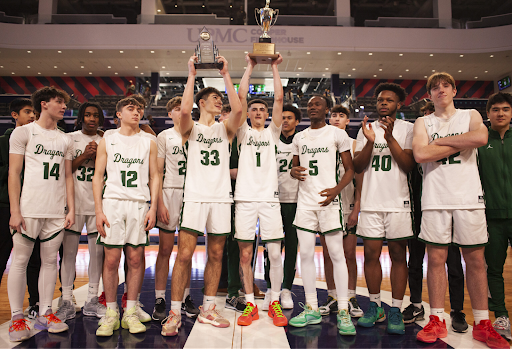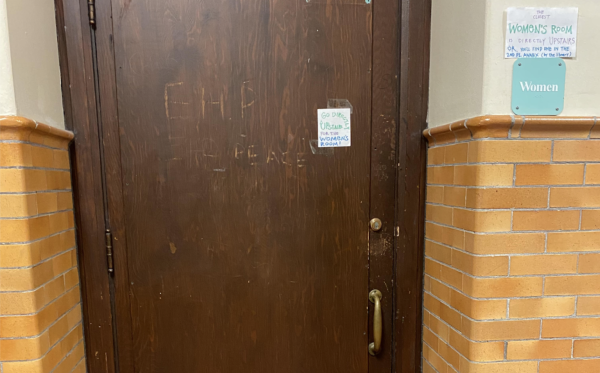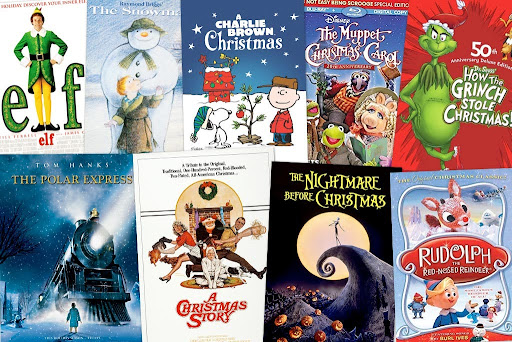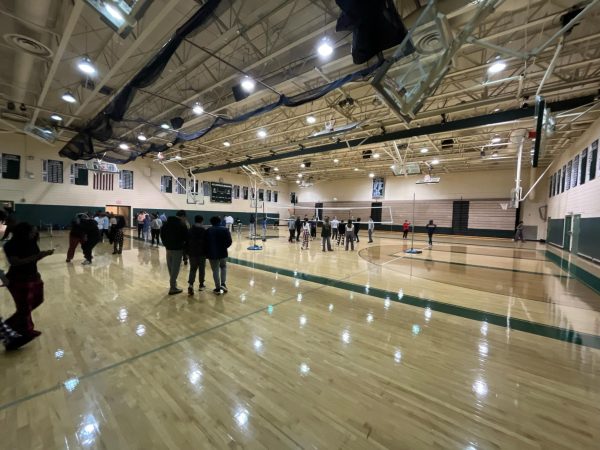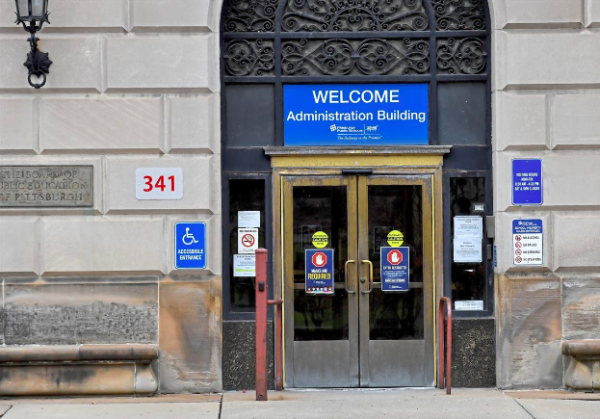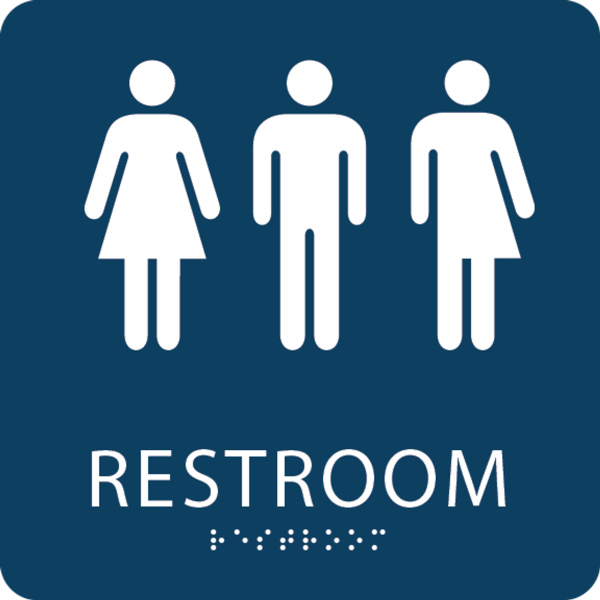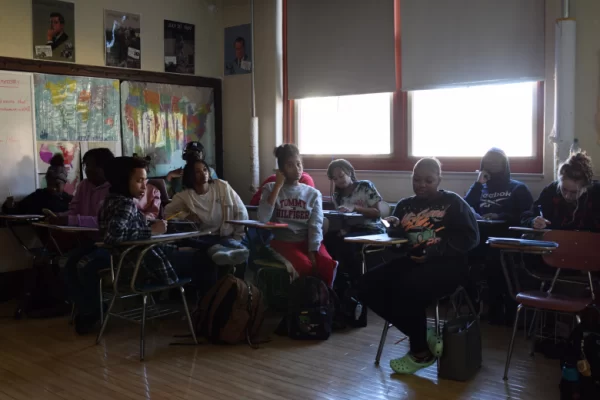AP Pilot: African American Studies
For the next academic school year, CollegeBoard will be introducing a new pilot class, AP African American Studies. As of now, the CollegeBoard has not released the CED (course and exam description). To clear up questions on the new course, I interviewed the African American History teacher, here at Allderdice, Mr. Mielke.
IG: “What do you think the new course will look like next year?”
MM: “As far as right now goes, we have a basic idea of what the course will be. As far as specifics go, [College Board] has not told us much. There is AP training in July, where we will get an idea of what the curriculum looks like.”
IG: “How does the new course compare to African American History PSP?”
MM: “The course usually starts in Africa, talking about kingdoms and what Africa looked like before Europeans got involved. The slave trade is a big part of American history [classes]. In the PSP African American history class, we go through the slave period quickly. There is other information we focus on.”
“We focus on lesser-known historical figures–obviously we study MLK and Malcolm X–but we also focus on the Black Panthers, Angela Davis, and Fred Hampton.”
“I know that in the AP course resistance movements are highlighted in this course. As far as cultural movements go, I am not sure what the AP will focus on. The Harlem Renaissance is an important movement in the course. I imagine we will also focus on other cultural traditions during American Slavery that have carried over to modern history. Certainly, I would imagine they would cover those parts of history as well.”
IG: “How does this compare to AP United States History (APUSH )?”
MM: “The class is not as extensive as APUSH—APUSH is a deep curriculum because it has been around for a while. Over time, the AP African American course, I can imagine, will evolve into something more studious and in-depth. This year we are one of sixty schools starting this next year. This is brand new. For the first couple of years, I imagine this will not be as rigorous as an APUSH course. But it will eventually get there.”
IG: “Because this is an AP course, is there homework expected every night?”
MM: “Some sort of reading will be expected every day. There will be a textbook, I do not know what that looks like yet.”
IG: “What is the deal with the AP exam for this course?”
MM: “Because this is a pilot class, the test will be available if you want to take it, but it will not be counted by the CollegeBoard, because this is still an exploratory class. For the first two years, it will be optional, in the sense that you can take it as a way of gauging how you would do on it but it is not going to be counted for the next two years. It would not count for college credits.”
IG: “Is this going to be a junior-only course?”
MM: “This course will be available for juniors and seniors.
IG: “Do you think that most students know the history of this course?”
MM: “Most students coming into this class have a foundation, but do not know the material. Most of the stuff we cover is not covered in a regular history class. We try to focus on the movements that were not popular at the time. For example, during the civil war, you study [Abraham] Lincoln and what the government did at the time. But oftentimes, we [focus] more on Frederick Douglass, and the people [who were] advising the president. We focus on the people who were involved with the movement but not in the spotlight. African American history focuses more on that than the government.”
IG: “How many people do you think are taking this course next year?”
MM: “There are 75 to 80 people signed up for the class. That would be at least three classes, as far as right now.”
This class will be available to both juniors and seniors next year. Juniors have the option to take this course in place of (or in addition to) a U.S. History class. If you have any questions about the class, reach out to Mr. Mielke.
Isaac Gildengers is a senior at Pittsburgh Allderdice High School. Outside of school he enjoys playing sports with friends. He also likes to cook with...
